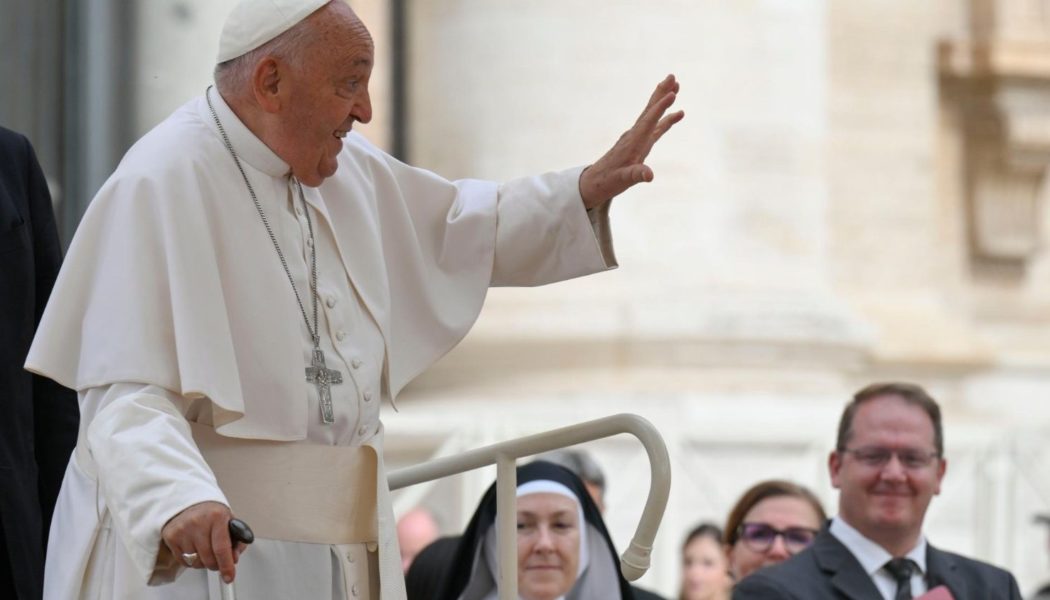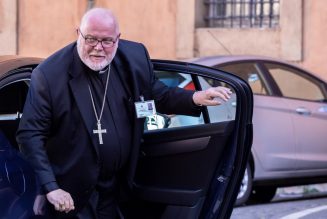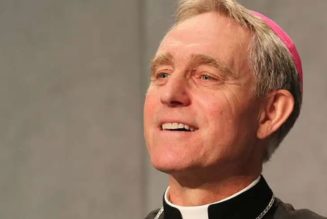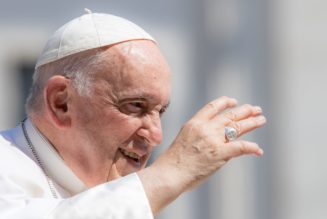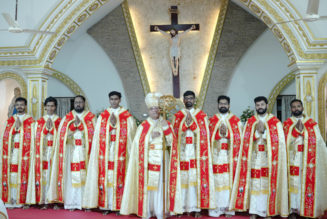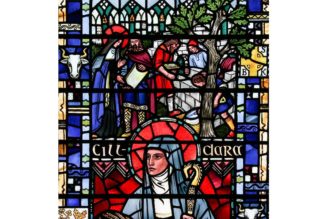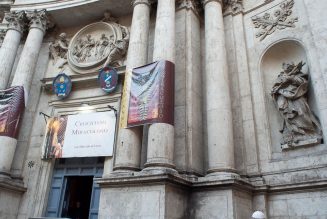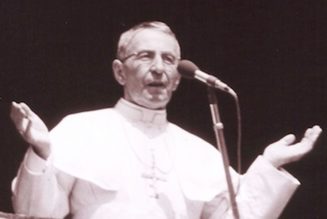
During his Wednesday General Audience, Pope Francis encourages the faithful to engage in a ‘symphony of prayer’ by praying the Psalms, as Jesus did.
By Deborah Castellano Lubov
“It is necessary to make the Psalms our prayer, making them ours and praying with them,” urged Pope Francis during his Wednesday General Audience in the Vatican.
As the Holy Father continued his catechesis series on the Holy Spirit, this week he reflected in a special way on the Psalms.
The Pope had begun by recalling that in preparation for the 2025 Jubilee, he had proclaimed 2024 a Year of Prayer.
Symphony of prayer
“With today’s catechesis,” he therefore explained, “I would like to recall that the Church already possesses a symphony of prayer, whose composer is the Holy Spirit, and it is the Book of Psalms.”
The Book of Psalms, like any symphony, he observed, “contains various “movements,” that is, various genres of prayer: praise, thanksgiving, supplication, lamentation, narration, sapiential reflection, and others, both in the personal form and in the choral form of the whole people”.
These, he said, “are the songs that the Spirit Himself has placed on the Bride’s lips.”
All the Books of the Bible, the Pope reiterated, are inspired by the Holy Spirit, but the Book of Psalms, he added, is especially “full of poetic inspiration” and have had a special place in the New Testament.
“What most commends the Psalms to our attention is that they were the prayer of Jesus, Mary, the Apostles and all the Christian generations that have preceded us.”
When we recite Psalms
When we recite them, the Holy Father explained, “God listens to them with that grandiose “orchestration” that is the community of saints.”
He recalled that Jesus, according to the Letter to the Hebrews, entered into the world with a verse from a Psalm in His heart: ‘Lo, I have come to do thy will, O God’ (cf. Heb 10:7; Ps 40:9), and He left the world, according to the Gospel of Luke, with another verse on His lips: ‘Father, into thy hands I commit my spirit’ (Lk 23:46, cf. Ps 31:6).
The use of psalms in the New Testament, the Pope added, is certainly followed by that of the Fathers and the entire Church, but has an important role in our world today.
“We cannot only live on the legacy of the past,” he argued, saying, “it is necessary to make the Psalms our prayer. It was written that, in a certain sense, we must ourselves become the “scribes” of the Psalms, making them ours and praying with them.”
For all seasons
When Psalms, or verses, “speak to our heart,” he said, “it is good to repeat them and pray them during the day.”
Since they are prayers “for all seasons,” he said, “there is no state of mind or need that does not find in them the best words to be transformed into prayer.” Unlike other prayers, the Pope stated, they do not lose their effectiveness by being repeated, but, “on the contrary, they increase it.”
This is so, he said, because “they are inspired by God and ‘breathe’ God, every time they are read with faith.”
Always a Psalm to accompany us
The Pope insisted that if we feel oppressed or fearful, or loving and joyful, there is a Psalm that can help accompany us, and enrich our prayer by not reducing it merely to requests.
They help us, he said, open ourselves to a prayer that is less focused on ourselves, and rather on praise, blessing, and thanksgiving.
Pope Francis concluded by praying that the Holy Spirit “make this year of preparation for the Jubilee a symphony of prayer.”
